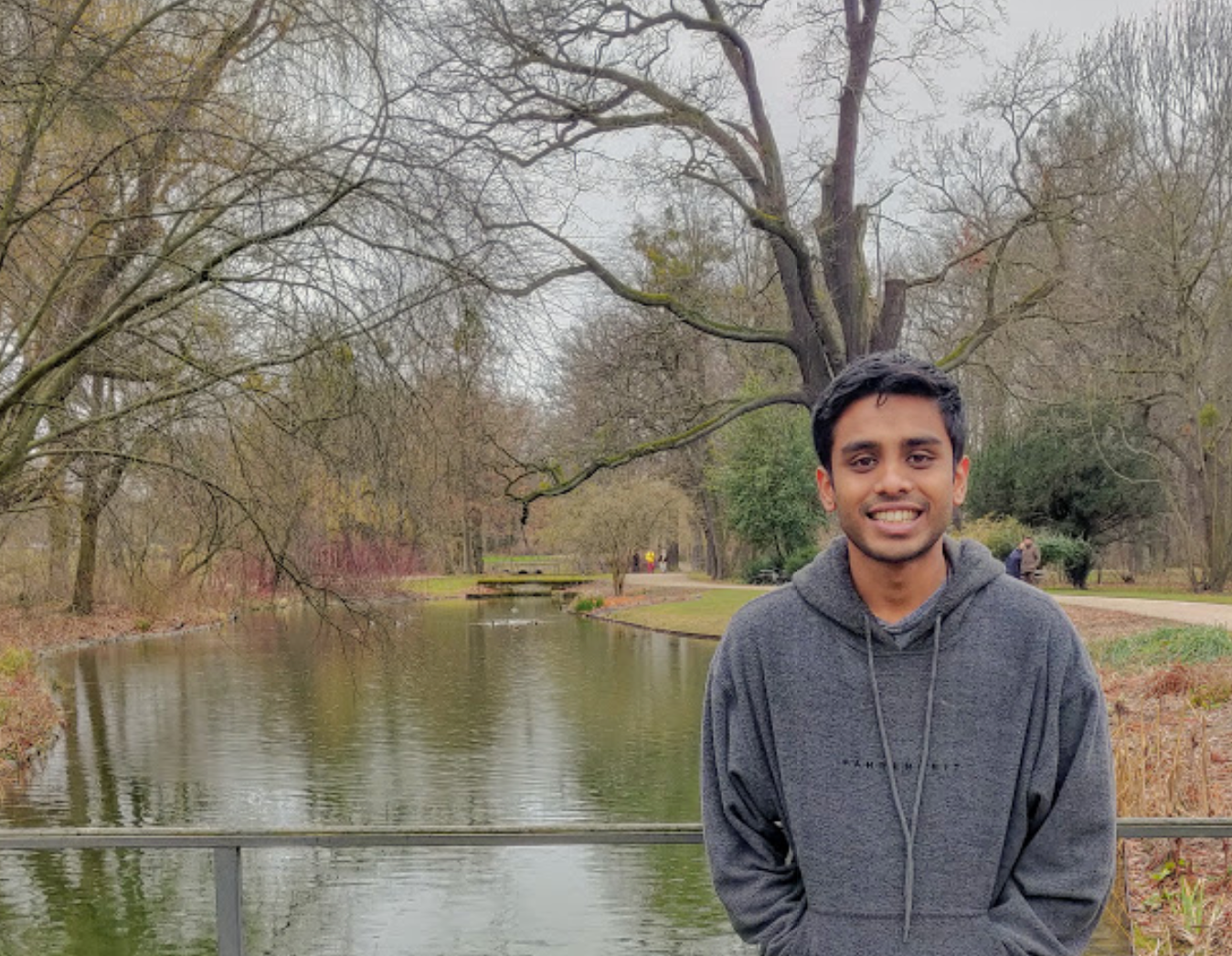

Body of IITR
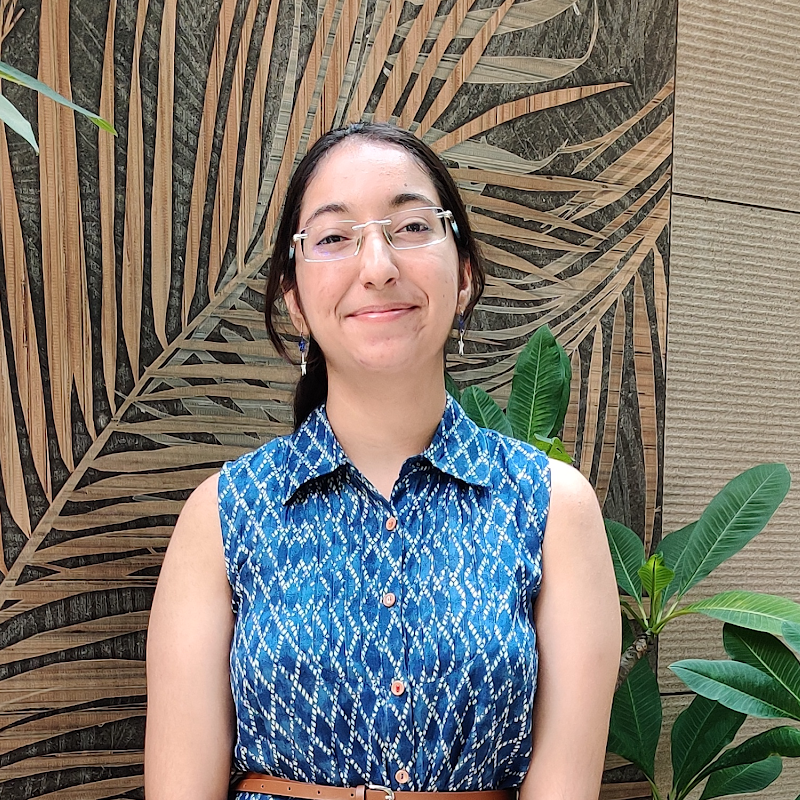
This Summer(and a little beyond that), I participated (remotely) in the capacity of a research intern in two research groups, at Harvard University and IIIT-Delhi. At Harvard, I was working at the Lichtman Lab, with Dr Jeff Lichtman while at IIITD, my work was in collaboration with Dr Tavpritesh Sethi and Prof Ponnurangam Kumaraguru, in their joint initiative for COVID-focussed research, CoronaActionIndia.
Being from a PCMB background in senior school, I was keen to identify a stream wherein I could work on Biological Systems using Mathematical and Computational tools. Having Civil Engineering as my major, I wasn’t too confident about the switch initially, but with a little push from some wonderful seniors on campus, I started exploring and working on projects by the end of the first year. There is a lot you can work on in Computational Biology, and the myriad of options was slightly confusing, to begin with. During my search, I came across a workshop on ‘Machine Intelligence and Brain Research’ held at IIT Madras earlier this year(they have a centre called CCBR specifically dedicated to Computational Brain Research), where I got to interact with professors working in labs around the world. Being the youngest and amongst the only few undergraduate attendees of the workshop, there was a lot I came back with after spending 10 days at IITM. I then decided to proceed with Computational Neuroscience as my first stop. The choice to do a second internship was impromptu, and was mainly because I wished to take part in research using AI in public healthcare- what better chance than to work against an ongoing pandemic?
Application for both these internships was done through mailing. I started shortlisting professors working in Computational Neuroscience in January and began mailing (I had been mailing professors since the end of October previous year but with much less clarity on my field of interest). Knowing a few seniors who had already interned in related projects, I got in touch with them to enquire about the labs they had visited. By the beginning of February, I had been offered an internship at the Lichtman Lab. I was a little short on time wrt planning for funding, getting my visa, accommodation in the US, etc and then Coronavirus decided to make it all simpler by leaving me with a remote intern instead :3 I mailed TavLab@IIITD in June, and the response time was much lesser-I started working(remotely) within 2-3 days of my application.
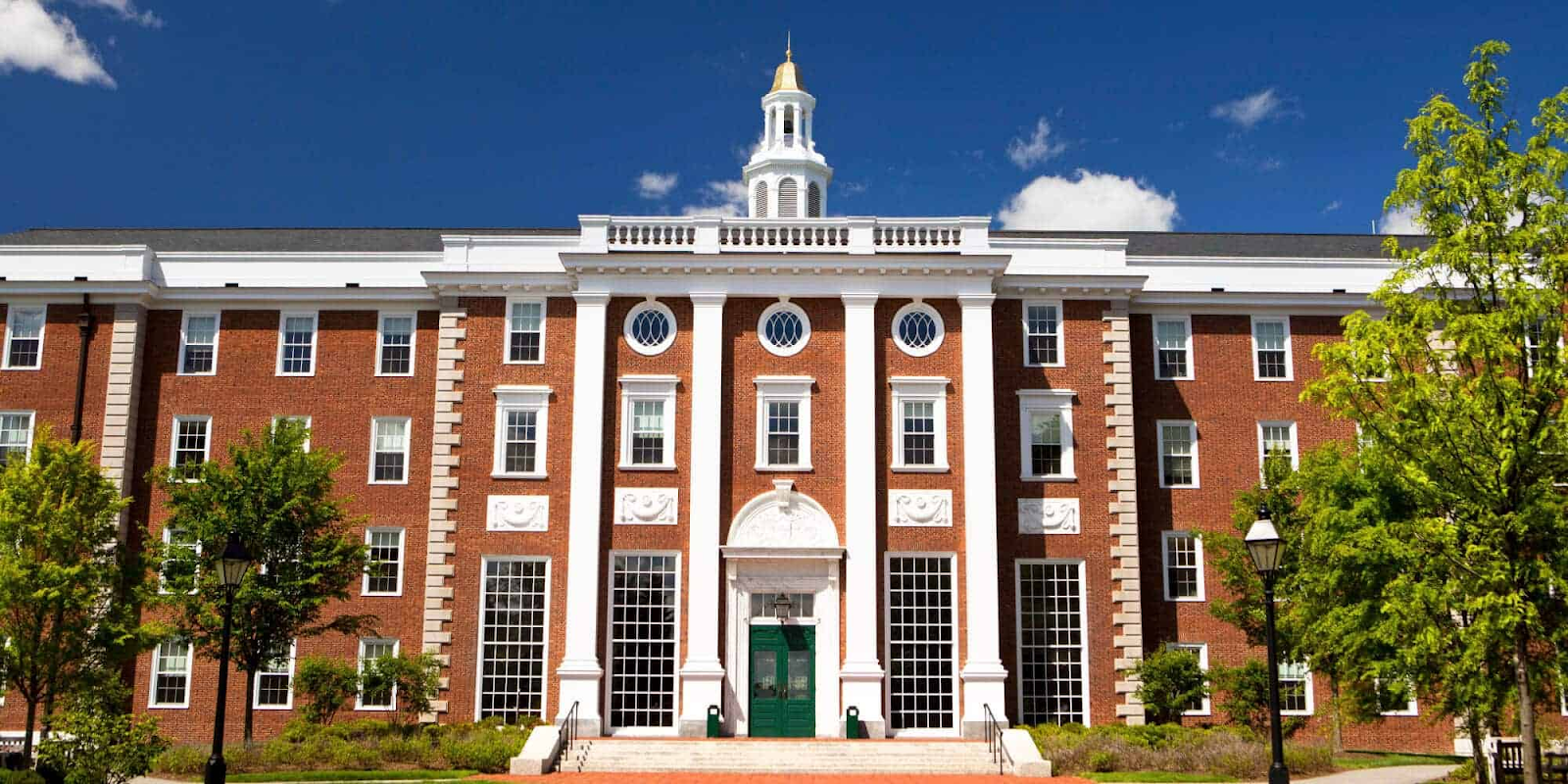
My project was to predict synaptic connections in the mouse cerebellum using a Deep Learning pipeline, with appreciable accuracy. This falls under Developmental Connectomics research, where the motive is to reconstruct how the brain is wired and use the connectivity map (called a Connectome) so obtained to study how the organism develops over time. The entire project involves the 3D segmentation of all different parts of the brain. My focus, however, was only on the synapses- the points where two neurons meet, crucial to establishing neural connectivity. The beginning was a little slow, with various challenges to a remote intern presenting themselves one after the other. Once I had access to the remote server and got used to the Lab’s workflow, however, the project gained pace. We had regular lab meetings, where one particular group in the lab presented their progress each week. There were weekly meetings within our group, headed by the post-doc researcher whom I was working with, where we presented our weekly progress and planned the work for the upcoming week. We also had the chance to attend talks by other neuroscientists. Despite the difference in time zone, communication was smooth and prompt.
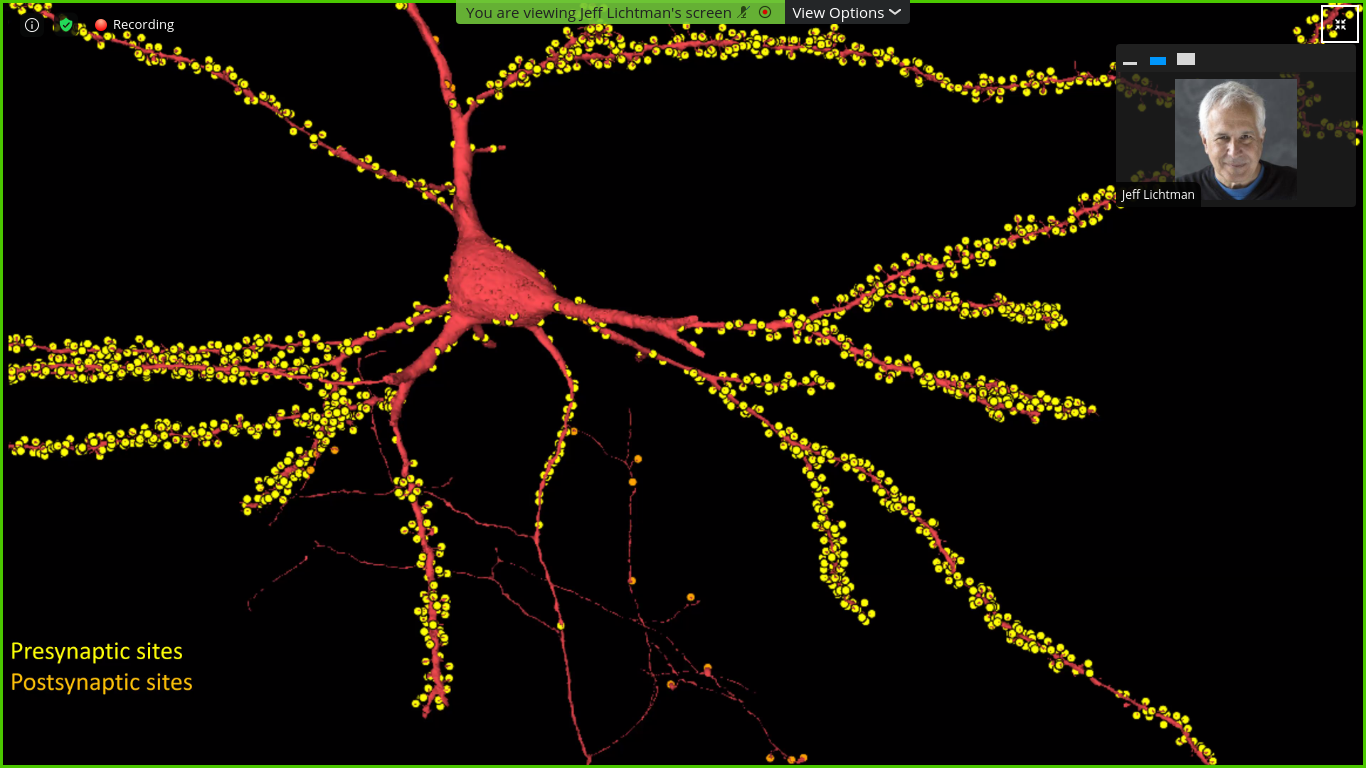 (Seminar by Prof Jeff at the Centre for Brain Science, Harvard University)
(Seminar by Prof Jeff at the Centre for Brain Science, Harvard University)
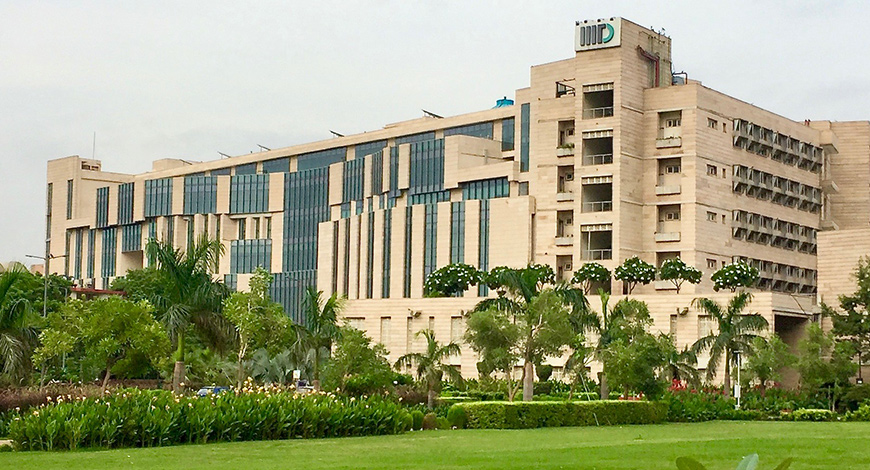
I worked on two projects during the course of my internship at IIITD. In the beginning, I joined an ongoing project on Agent-Based Modelling and its usage to simulate the spread of the Coronavirus. The idea was to see how the virus would spread in the Indian states, after modelling their socio-economic conditions and then project the number of expected cases for the upcoming months, which could further be used by the governmental bodies for making action plans. Post conclusion of this work, I co-led the development of a reinforcement learning framework that optimises the distribution of vaccines (a scarce resource) amongst different parts of the population based on their characteristics. This was an attempt to deal with questions like ‘Who should get access to the COVID vaccines first?’ anticipating the need for a fair and efficient distribution mechanism upon their arrival in the market soon. The papers for both these projects are currently under review. Work here was much more fast-paced than at Harvard, owing to the field under study more than anything else. We had very frequent meetings, sometimes multiple in a day and the excitement to see if their work was making any difference kept everyone motivated and on their toes.
The sharp contrast between the nature of work done during both my internships gave me a lot of insight into what I want to focus on next. Work at Lichtman Lab was at a microscale, often true for research in Computational Biology where you try to make sense of processes in your body by going at the cellular level. Seeing members of the lab present their work every week, I realised the nature of this research requires a lot of patience and diligent effort spanning over a considerable amount of time before patterns are observed and conclusions are drawn. If you enjoy being a part of something much bigger and derive pleasure out of the process of building your way towards knowledge, then this is for you. On the other hand, research at TavLab was more holistic- I was a part of the entire pipeline, which was less dependent on physical experiments, and more on ideation. Quick visibility of results, and the feeling that what we’re working on might potentially be used for public welfare, often instilled a rush of excitement and kept me going. These comments are obviously based on my perception and limited exposure during the course of the internships, but I feel they’re the most important takeaway, possibly over any other piece of knowledge I gained throughout.
I think it’s a much better idea to walk into an internship with some expectations of what you want to walk away with once it’s done- it could be a skill or simply more clarity on your field of interest. That being said, there are a few things I feel one could pay attention to during their search for a suitable internship:
Do not indulge in cold mailing for the sake of getting a response; targeted and personalised emails are much likelier to payback - It’s also a good idea to reach out to any alumni (from any IIT, in fact) who may be working in the concerned lab, ask them about the research and lab environment, and cc them in your mail to the professor. That serves as an excellent backup system in case the professor does not read your mail or forgets about it.
Talk to people- your seniors, professionals you may know who’re working in your field of interest or anyone who you feel can give you an informed opinion. Do solid research before you apply anywhere, and get your initial emails proofread by your seniors. Your email is one of the first things you’re going to be judged by as a candidate, so it’s important to ensure you do a good job.
Twitter is a great place to follow relevant research and get updates about openings, and one that many don’t use.
One advantage of everything going remote is the increase in access to many international events. There are a lot of open-to-all workshops and meetups being organised regularly which serve as good opportunities for learning as well as networking.
Being confined to our homes and no longer having the privilege of knocking upon our seniors’ doors for some much needed free gyaan, lack of guidance can often make things a little scary. I hope this account helps, and feel free to reach out if you have any questions :)